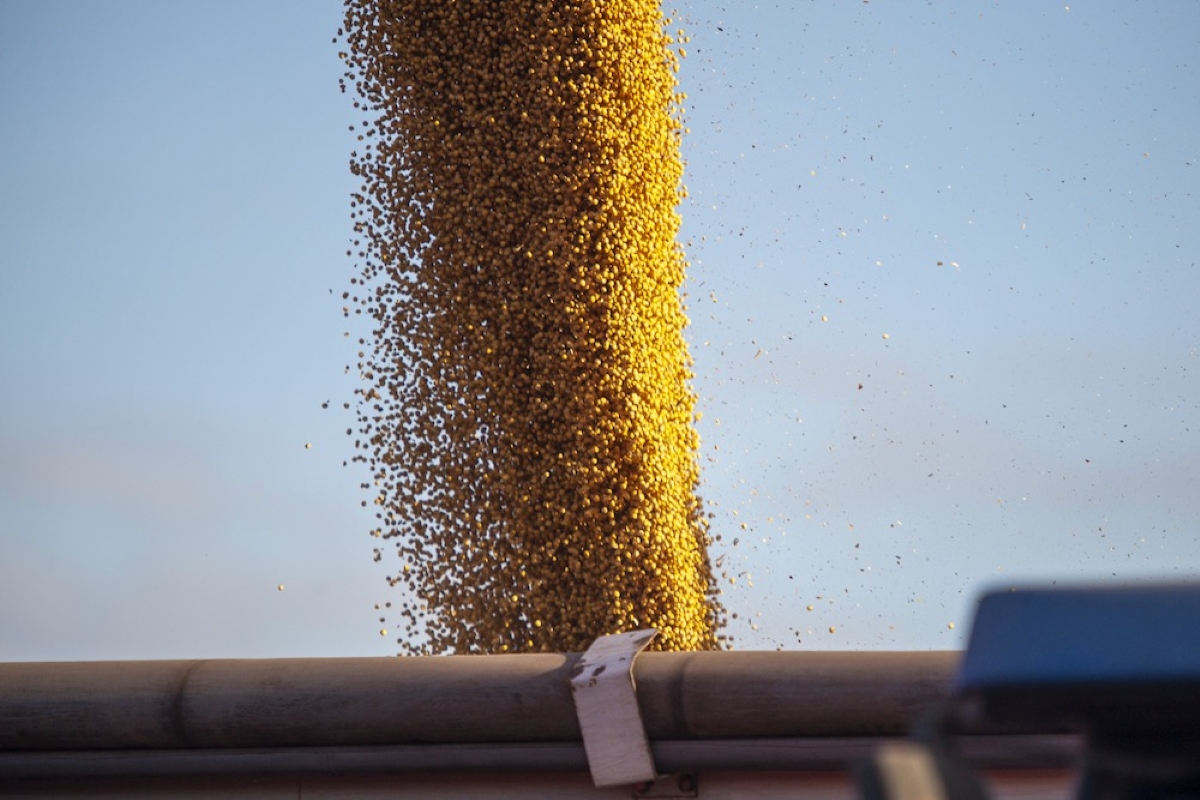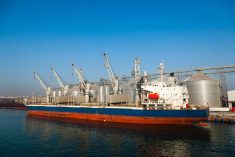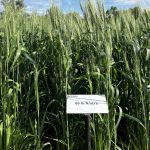The average Saskatchewan farmer can expect to lose about eight per cent of his or her annual net farm income to the federal carbon tax to 2020 — and 12 per cent in 2022, the province’s general ag group says.
The Agricultural Producers Association of Saskatchewan on Monday released new estimates on the financial impacts of carbon pricing, accounting for all “major farm expenses not currently exempt” from the tax.
Such costs, APAS said, include grain drying, rail transportation, heating and electricity, as well as hauling crops off the farm by truck. The group said it will press for a carbon tax exemption on all farm expenses, including those from 2019.
Read Also

Brazil to reap record soy crop in 2025/2026, increase exports
Brazil’s Conab said the country will reap a record soybean crop of 177.6 million tons in the 2025/2026 harvest year, according to data released on Thursday.
Using the example of a household managing a 5,000-acre grain farm in Saskatchewan, APAS said the tax in 2020 would amount to an “$8,000 to $10,000 bill” and when the carbon tax increases to $50 per tonne in 2022, “this bill will go up to $13,000-$17,000 for the same household.”
APAS and Manitoba’s general farm organization, Keystone Agricultural Producers, have gone public with such numbers as federal Agriculture Minister Marie-Claude Bibeau has asked the provinces and ag industry for hard numbers to back up assertions of how much the tax costs farmers.
“We’ve responded with estimates that are backed up by producer bills in 2019,” APAS president Todd Lewis said in Monday’s release.
“Farmers don’t set our prices, so those increased costs are coming directly off our bottom line.”
APAS vice-president Bill Prybylski said the group’s numbers “reflect my personal experience down to the penny,” and described 2019 as “unprecedented in terms of the role grain drying played for farmers in our province. Without using propane to dry our grain, the wet fall would have meant losing a huge portion of our crop.”
Manitoba’s KAP last month reported its corn-growing members paid an average $3.69 on grain drying per acre, and the average farmer growing 500 acres of corn paid an estimated $14,145 on fuel for dryers, of which $1,722 went to carbon tax.
Grain transportation is also a “huge and unavoidable” carbon-taxable expense for farmers, APAS noted Monday. “Trucking my crop to the grain elevator, and then shipping it by rail to the coast is one of my biggest annual expenses,” the group’s vice-president Ian Boxall said.
“Our hope is that this is the evidence (Bibeau) is looking for,” Lewis said of APAS’s latest numbers. — Glacier FarmMedia Network














